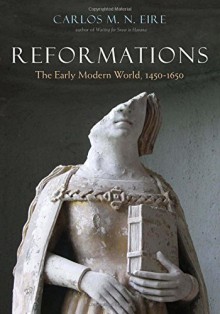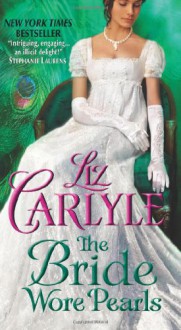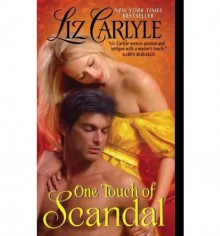
Half a millennium after a lone monk began a theological dispute that eventually tore Western Christendom asunder both religiously and politically, does the event known as the Reformation still matter? In his book Reformations: The Early Modern World, 1450-1650, Carlos M.N. Eire determined to examine the entire period leading up to and through the epoch of the Reformation. An all-encompassing study for beginners and experts looks to answer that question.
Eire divided his large tome into four parts: On the Edge, Protestants, Catholics, and Consequences. This division helps gives the book both focusing allowing the reader to see the big picture at the same time. The 50-60 years covered in “On the Edge” has Eire go over the strands of theological, political, and culture thoughts and developments that led to Luther’s 95 theses. “Protestants” goes over the Martin Luther’s life then his theological challenge to the Church and then the various versions of Protestantism as well as the political changes that were the result. “Catholics” focused on the Roman Church’s response to the theological challenges laid down by Protestants and how the answers made at the Council of Trent laid the foundations of the modern Catholicism that lasted until the early 1960s. “Consequences” focused on the clashes between the dual Christian theologies in religious, political, and military spheres and how this clash created a divide that other ideas began to challenge Christianity in European thought.
Over the course of almost 760 out of the 920 pages, Eire covers two centuries worth of history in a variety of ways to give the reader a whole picture of this period of history. The final approximately 160 pages are of footnotes, bibliography, and index is for more scholarly readers while not overwhelming beginner readers. This decision along with the division of the text was meant mostly for casual history readers who overcome the prospect of such a huge, heavy book.
Reformations: The Early Modern World, 1450-1650 sees Europe’s culture change from its millennium-long medieval identity drastically over the course of two centuries even as Europe starts to affect the rest of the globe. Carlos N.M. Eire authors a magnificently written book that gives anyone who wonders if the Reformation still matters, a very good answer of if they ask the question then yes it still does. So if you’re interested to know why the Reformation matters, this is the book for you.

 Log in with Facebook
Log in with Facebook 









